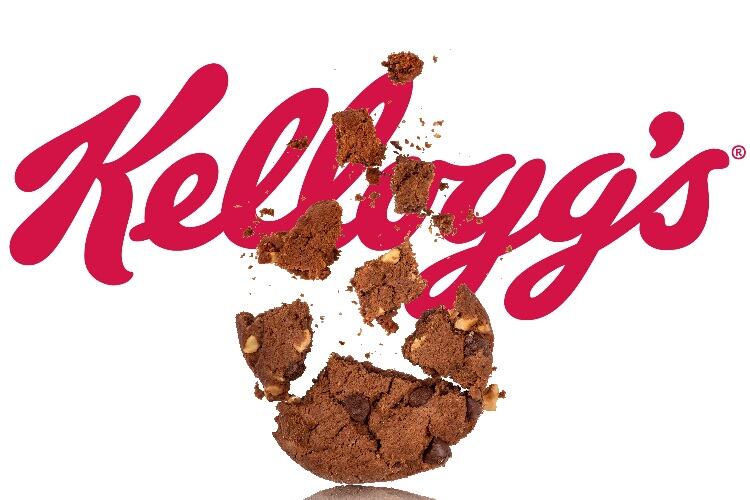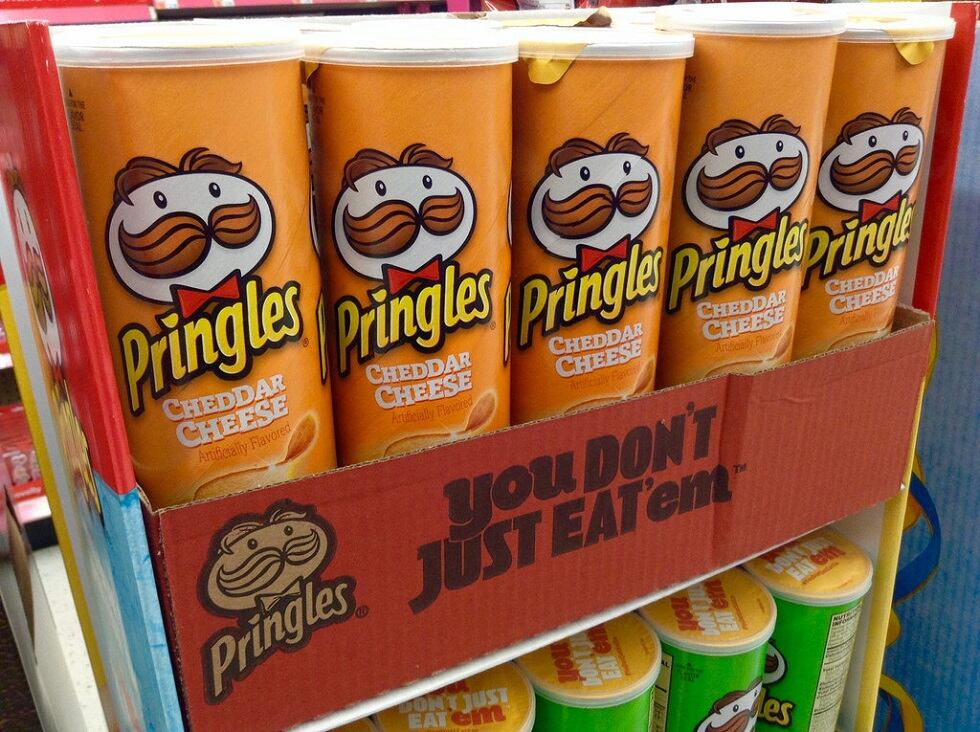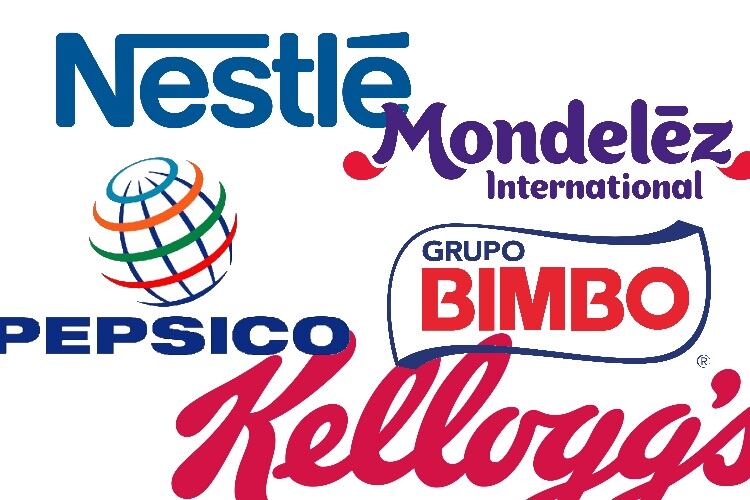In January 2019, the company will consolidate the US Morning Foods, Snacks and Frozen Foods business units – which represent 80% of the company’s revenue – into a single, categories-focused organization. It added it will invest in e-commerce capabilities, consolidate its supply chain and combine several sales teams for the new unit.
Additionally, the Battle Creek-based company is exploring the sale of its cookies business – which includes the Keebler, Famous Amos, Mother’s and Murray brands – and its fruit snacks business, which includes the Stretch Island brand.
“We need to make strategic choices about our business and these brands have had difficulty competing for resources and investments within our portfolio,” said CEO and chairman, Steve Cahillane.
Although the businesses up for sale have about $900m in annual sales, according to Nielsen, the company’s cookies portfolio posted a 6% decline YOY, while its fruit snacks business declined by 22% YOY.
“Ultimately, we believe these changes will make Kellogg more agile and better focused on growing demand for our foods,” added Cahillane.
Makes strategic sense
Andrew Lazar, senior analyst, Packaged Food for Barclays, said the potential divestiture of its cookies and fruit snacks business make strategic sense.
“These businesses have been a drag on the overall snacking portfolio over the last several years and Kellogg is a distant second player in both categories (to Mondelēz in cookies and General Mills in fruit snacks).”
He added Kellogg’s portfolio reshaping falls in line with recent divestiture announcements seen of late.
Other companies to rethink their product range – particularly as consumers are opting more for healthier snacks and fresher foods – include J.M. Smucker, which divested its Pillsbury baking mixes to a private equity firm for $375m and Nestlé, which sold its US candy business, including the Butterfinger and Baby Ruth brands, to Ferrero for $2.8bn in January.
ConAgra and General Mills also said they plan to divest brands that are not core to their businesses, while Campbell Soup is also purportedly looking for a buyer for its international cookie brands.
Greg Wank, head of accounting firm Anchin, Block & Anchin’s Food and Beverage Industry Practice, also said it made sense for Kellogg to shed an ‘indulgent part’ of the business that does not easily support its future focus.
“It appears to have made the decision that cookies are not core to its future and it wants to raise capital from selling those assets to reinvest and realign its cereal and healthier snack business,” he said.





